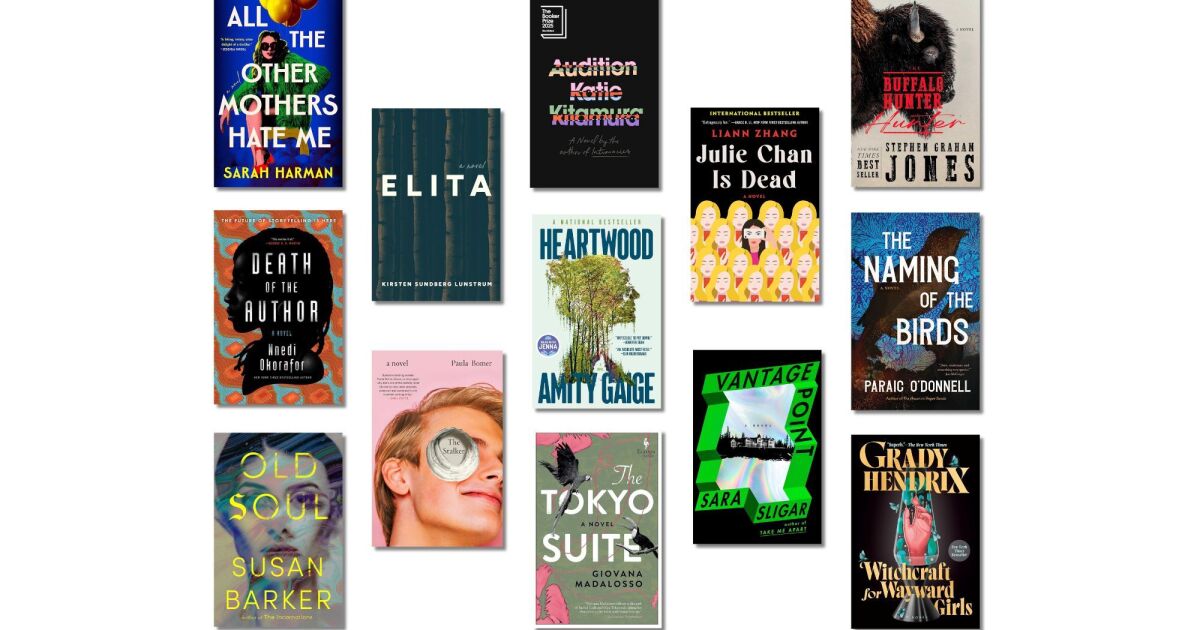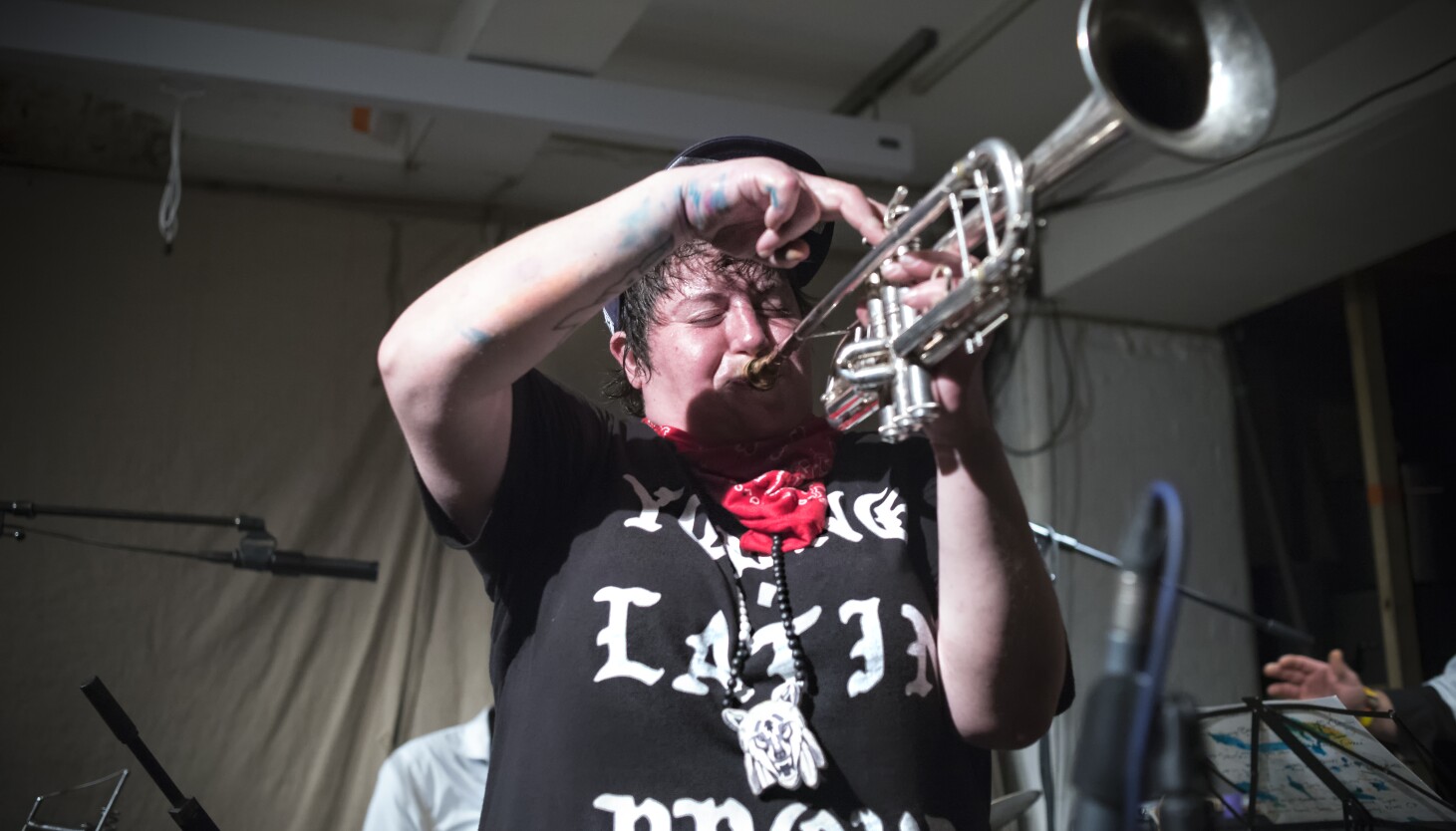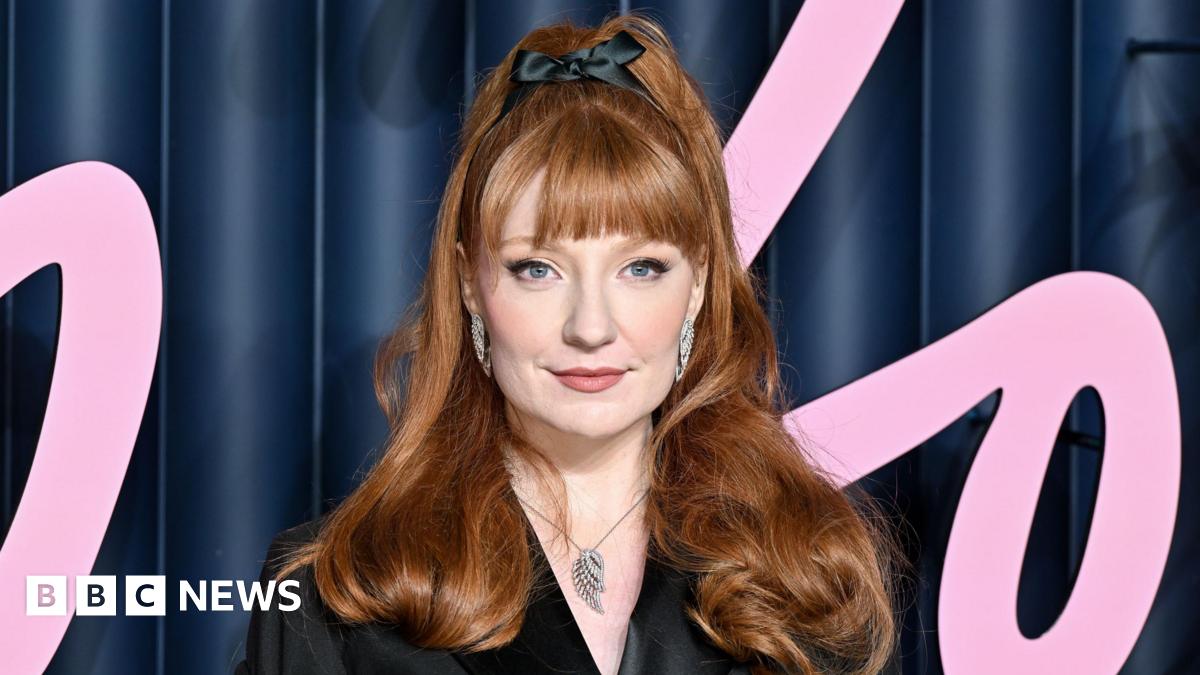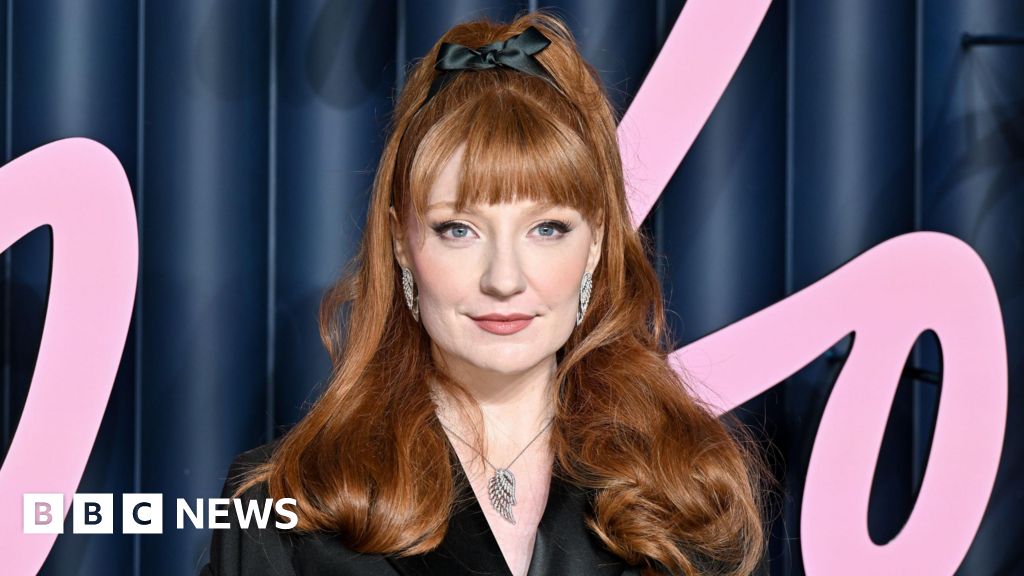Take a trip to France without leaving Texas
SAN ANTONIO – Today at 10 a.m., take a trip to France without leaving Texas!
Send your taste buds on a tasty adventure with Brasserie Mon Chou Chou,…

SAN ANTONIO – Today at 10 a.m., take a trip to France without leaving Texas!
Send your taste buds on a tasty adventure with Brasserie Mon Chou Chou,…

Mysteries and thrillers are enjoyable no matter the season, but there’s something extra satisfying about curling up in the winter with a warm drink and an all-engrossing read. The 13 (spooked already?)…

Fiery and bold, the late jazz trumpeter jaimie branch was never afraid to speak her mind. She was comfortable challenging the…
The glow of Christmas might still be shining in our homes and in our hearts, but the Pembroke Community Choir already has its sights set on the neon lights of Broadway! Choir Director Gerald LaRonde has sifted through a…

Back in 1965, The Warminster Thing was reported by local media and then by national media, including the BBC.
Local paper the Warminster Journal reported on it and also had people writing in letters about it.
One reporter who became especially…

Josh Levin, a veteran of reality competition show “American Ninja Warrior” and a decorated rock climber, defied the odds, landing in the top three of the original impossible-obstacle show, Japan’s “Sasuke,” or “Ninja…

Girls Aloud singer Nicola Roberts has announced she is pregnant with her first child.
The star said in a social media post that she is five months’ pregnant – and that she and her partner, footballer Mitch Hahn, “can’t wait” to meet their baby in…

 Getty Images
Getty ImagesGirls Aloud singer Nicola Roberts has announced she is pregnant with her first child.
The star said in a social media post that she is five months’ pregnant – and that she and her partner, footballer Mitch Hahn, “can’t wait” to meet…
